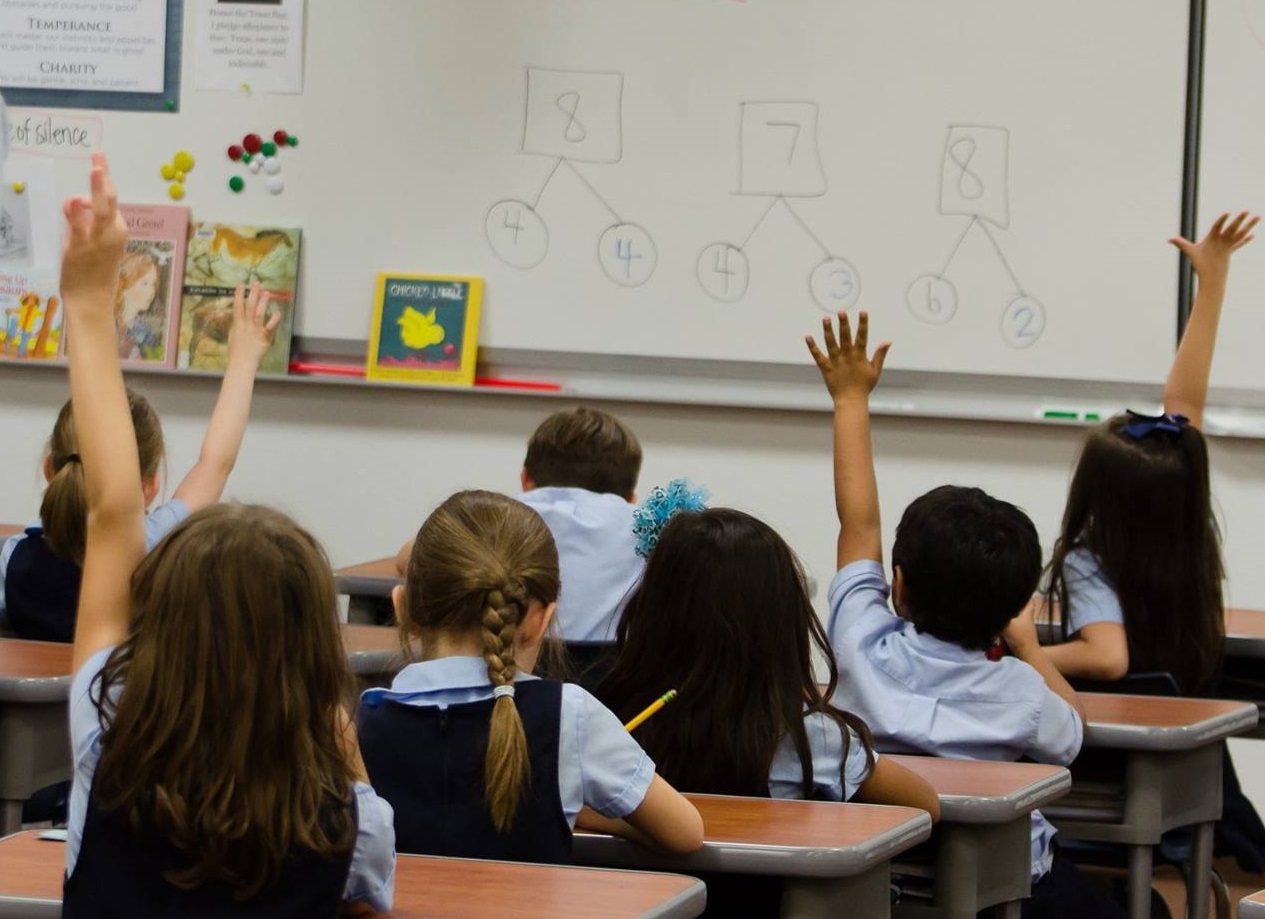
In a previous post, I talked briefly about our view at The Founders Teacher Initiative on the purpose of education. John Dewey believed it should be the primary agent for societal improvement. The focus, as is the case with all progressive things, is on what the individual will offer the community. Each person is viewed as an asset to the group, to be cultivated to make the group better. I actually have little argument with this point of view. I think if we do nothing else, we should raise and teach our children to invest in the well-being of others and to desire to promote an atmosphere of peace and prosperity throughout society. But I think that picture is incomplete. Jason Caros is the headmaster at Founders Classical Academy in Lewisville, Texas. He recently wrote a blog post to the parents of his K-12 school of 850 students about how education is concerned with the fixed nature of man. This view leads to a dual enterprise. On the one hand, you do aim to produce people who desire the best for the society in which they live, but you also work on producing a good person, who does noble and virtuous things. The idea is that without an understanding of truth, beauty and goodness, people will pursue a host of selfish ends, irrespective of the impact on others. When Mr. Caros refers to the fixed nature of man, he likely means a couple of things: first that humans do not improve from one generation to the next. Their passions remain the same no matter what age in which they live. Secondly, without boundaries, people will pursue their own ambitions without regard to what is right. In that previous post, I mentioned that C.S. Lewis (British scholar, theologian, and anthropologist) found shared norms in every successful society that he called the Tao. When these essential norms are not taught, people will generally fail to live up to their full potential and will generate the least amount of good in their societies. As we train our teachers, we are therefore focused on two things: how to build knowledge while producing a rational and good person and how to promote the well-being of those with whom they come in contact. In the last 100 years, Dewey’s view is the dominant perspective in education. It’s not entirely wrong, but in a society built on the idea that individual liberty must complement the needs of the group, his view is incomplete. It only produces “goodness” relatively—that is to promote the current values of society rather than the timeless norms for conduct and values that make up Lewis’ Tao. When that is the focus, our students will produce great good for society out of a sense of love and duty rather than obligation or compulsion.
